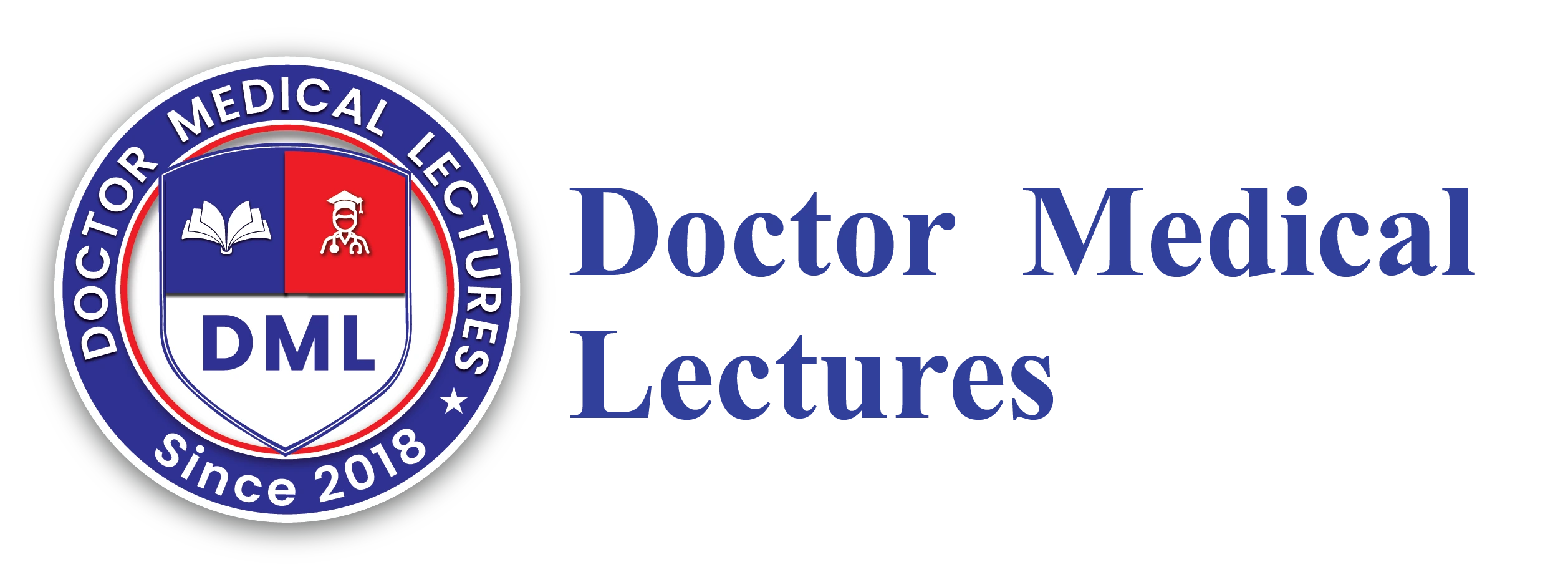Introduction
Step 1 of the National Residency Examination (NRE) is a very significant stage for those who wish to become doctor. It takes detailled knowledge and concentrated work to pass, a goal-oriented study plan is needed. In this guide, we’ll share with you the most reliable skills, tips & resources to easily dominate NRE Step 1 in 2026. By following these pointers, you can confidently excel and, furthermore, assuredly move ahead in your medical career.

What is NRE Step 1?
NRE Step 1 tests your understanding and ability to apply the important concepts of the sciences basic to the practice of medicine, with special emphasis on principles and mechanisms underlying health, disease, and modes of therapy. This examination assesses not only the concepts but also your ability to apply these concepts in clinical practice. Doing well on NRE Step 1 will also open up opportunities to attend top medical programs and secure the career of your dreams, which makes it a crucial step in your path toward becoming a doctor.
NRE Step 1 Syllabus Breakdown for 2026
The NRE Step 1 course syllabus is defined and encompasses the following outine of basic medical sciences: Major areas of study include: anatomy, biochemistry, microbiology, pathology, pharmacology, physiology and psychology. Also, the test examines how well your are able to tie both of those together with clinical application i.e really can you implement all that book learned into practicing medicine. A clear understanding of the syllabus will help you come up with a strategy to prepare accordingly.
Exam Format for 2026
The 2026 NRE Step 1 results the exam is realistic, but grueling. It is a computer-based test of MCQs, lasting for 8 hours (seven blocks). There are about 40 questions in each block, so you have 220 questions in all. During the examination, questions cover allfundamental medical sciences, and additionally, they assess how this knowledge can be applied in clinical situations. Therefore, takers need to be able to budget their time effectively and, moreover, attempt as many questions as possible with the right strategies.
Create a Structured Study Schedule
Study with a System Studies require an organized approach. Spend your time according to your strengths and weaknesses. Begin by learning the basics from textbooks and online videos. Next, practice the basic subjects on a regular basis to get used to them. Lastly, practice in exam conditions using mock-tests to assess developments made. Consequently, this will help keep you on schedule and ensure that the entire syllabus is fully covered.
Use High-Yield Resources
You should study high-yield resources to get the most out of your studying. Best study books are First Aid for the USMLE Step 1, BRS Physiology and Pathoma. If you are a visual learner, this overall video lectures from such as Doctor Medical Lecture Academy is a good way to learn. Also practicing on QBanks like World and Plank will build your weaknesses and get you ready for real exam situations. These additional resources used in conjunction with the tools make comprehensive preparation.
Find Weak Spots And Work On Them
The sooner you know where your weak points are the more time you have in which to practice on them. Use mnemonics, flash cards and diagrams to remember difficult topics. For biochemistry (for example), if you are clashing on it, concentrate on metabolic pathways and enzymes regulation as they are frequently examined in clinical MCQs. With consistent effort, settle down with practice, and eventually your weaknesses will turn into strengths.
Practice Clinical Scenarios
Case-based practice is crucial, as it’s what NRE Step 1 focuses on. Training modules featuring actual patient cases enable you to apply theoretical knowledge to practical use. This makes you think critically and ensures that you can apply basic science to the practice of medicine.
Simulate Exam Conditions
Practising under the pressure of timed conditions helps build confidence and will allow you to get use to the format of exam room. Practicing like this allows you to recognize mistakes you commonly make, work on pacing and timing, as well as develop problem-solving methods for tougher problems. When you practice and test yourself in a conditions similar to the actual exam condition you will be less anxious during the real exam, which helps you perform better on your exams.

Subject-Wise Preparation Tips
Anatomy
For anatomy, concentrate on gross anatomy, neuroanatomy and embryology. 3D models and intricate diagrams are great to help visualize difficult relationships between structures. Furthermore, you will learn clinical correlations of studies such as the consequence of trauma and nerve injuries.
Biochemistry
In the realm of biochemistry, one is simply not a biochemist unless you have central metabolic pathways such as glycolysis and the Krebs cycle down cold. know enzyme regulation and hormonal action – these are frequently tested in the long MCQs. To replace it, I explain that metabolic diseases are the best public health proof to cement both our understanding and retention.
Pathology
You need to prepare pathology with Pathoma and Rohen’s fast review of Robbin’s basic pathology. Concentrate on high-yield topics: neoplasia, inflammation and systemic pathology. By learning how to interpret pathological images properly, you will also improve your ability to work up cases clinically.
Pharmacology
Here, we will briefly review the drug mechanisms, side effects and clinical utilities. Mnemonics help recall drug classifications, while pharmacokinetics and pharmacodynamics questions build exam readiness. Furthermore, by linking drug actions to real clinical cases, your understanding becomes much stronger.
Microbiology
Bacterial, viral, fungal and parasitic infections are equally important for microbiology. Repetition and flash cards will also help you remember each pathogen, and what they do. Taking case based questions helps you in becoming better at diagnosis and management,wherein your microbiological know-how will be implemented.
Physiology
The Physiology – Emphasis on cardiovascular, respiratory and renal systems. Actively solve problems involving physiological concepts using numerical data, and then apply this knowledge to clinical scenarios, including acid-base derangements. Knowledge of these associations enhances understanding and aids clinical reasoning.
Behavioral Sciences
Communication skills, ethics, and doctor-patient interactions are the focus of behavioral sciences. In addition, a basic knowledge of statistics and research designs is helpful. Answering the behavioral multiple choice questions will also help you prepare for theoretical and practical reading portions of this section.
Common Challenges and Solutions
Time Management
Time management is a constant challenge for many students. Dividing study into many small easy to manage tasks allows sustainingivteady progress. Following a pre-made schedules, plans and using a digital app to keep track of accomplishments and to stay motivated while on your journey can be helpful.
Retention of Information
Active recall, spaced repetition, and study groups are the best way to remember things. Making use of methods such as Anki or developing mind maps is likely to greatly benefit memory and make learning more solid. Another fantastic method for boosting retention is teaching concepts to others.
Stress and Burnout
Strategic techniques to deal with stress are necessary and help ensure focus and productivity. Regular breaks, exercise and a healthy diet can help to keep both body and mind working effectively. Finally, mindfulness techniques and relaxation exercises also decrease anxiety and resistance to burnout during intense preparation phases.
Additional Tips for Success
Studying in groups with your classmates can help motivate you and clear up confusing material. Regular study beats quick cramming. Looking for expert instructors or NRE Step 1 coaching online has the benefits of guided learning and individual feedback. Primarily, it reveals that the greatest performance in life occurs when you are, moreover, in good physical and mental health.
Errors to Avoid in NRE Step 1
Common blunders committed by students include, for instance, avoiding weak areas, relying too heavily on a single source, neglecting practice tests, or mismanaging their time. And using these pitfalls to complete the preparation adequately in advance will make all the difference.
Study for NRE Step 1 At Home – Tips
Do NRE Step 1 Home Prep work with discipline and structure. Create a peaceful study space with daily routine, Go for online lectures and question bank and Hence analyze yourself through the mock tests. Consequently, this method enables full preparation without the need for traditional classroom training.
NRE Step 1 Important MCQs
Give a close attention to the high-yield subjects such as metabolism, pathology, and pharmacology. Doing a few practice clinical scenario questions while reviewing them after every attempt solidifies understanding and prepares you for the test.
Advantages of NRE Step 1 Online Coaching
What are the advantages of online coaching? Online scanner courses provide experts’ guidance and a planned program to complete syllabus. Interactive classes help clarify doubts, and mock papers simulate the actual test environment. Moreover, with this support, you stay on track and gain insights that enhance the efficiency of your preparation.
Conclusion
Acing NRE Step 1 is all about focus, discipline and strategic study planning. So if you have a proper study schedule, use good resources that are “high-yield”, practices lots of clinical scenarios and keep your chin up then it won’t just be 2030, you will be able to crack this bad boy by 2026. Therefore, start your MCAT prep now to set a solid base for success in medical school.
FAQs
Q1: Is NRE Step 1 tough in 2026?
Although the content base of the exam has stayed consistent, some format modifications and greater emphasis on clinical integration may have made it a bit tougher. Keeping up to date with exam announcements helps you prepare.
Q2: What is the duration of preparation for NRE Step 1?
Preparation times vary by used what’s your base skill level (background).A minimum of 4-6 months of dedicated study is advised.
Q3: If I fail, am I allowed to re-sit for NRE Step 1?
Candidates can come to the exam again? There are also official guides that provide details of attempt restrictions and waiting periods between sittings it.
Q4: How can I prepare best?
High yield resources to utilize include First Aid, Pathoma, the World qbank, and video lectures from Doctor Medical Lecture Academy.
Q5: How can I feel stress free while studying?
By exercising,eating balanced meals and taking breaks if necessary. You can also play some games in your free time.
